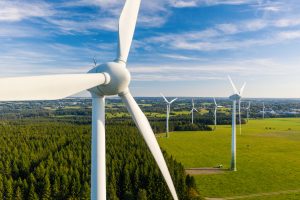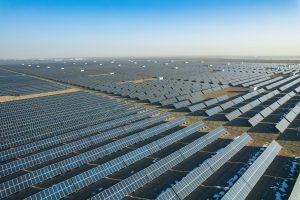Global equity outlook for ESG Clarity

2021 will be the year of impact: when the mainstream embraces the principles of net positive investing and we start to see a real system shift. While 2020 was the year the mainstream really embraced ESG, it was also the year the inherent weaknesses in an ESG only approach were exposed. With an approach to investing that focuses on impact, we will see a primary focus on core products and services and how additive they are to the world we need to create. We foresee greater focus on “future fit” leaders, or those looking to pivot and transition to become future fit. This ultimately will favour a growth biased investing strategy.
During 2021, we expect to see continued earnings momentum among the Covid-19 ‘winners’, such as technology and healthcare, many of which we believe will continue to refine their impact investment theses and further enhance their businesses as solutions providers to the challenges we face. “Growth” stocks and those already emphasising their environmental and societal impact should benefit from direct policy support and continued consumer choice trends.
We also expect to see businesses involved in food production in the spotlight, both as opportunities and risks, with the rise of
Biodiversity
We remain sanguine on the risks of a material rise in expectations in the short term; Investors should guard against this risk with a strong focus on increasing diversification within, for example, alternatives with exposure to index-linked revenues.
We continue to be cautious around big tech, both due to valuation concerns and the potential we see for increased regulatory scrutiny in the face of ongoing data security, privacy and content accuracy issues. The rise of AI is set to become a much larger focus for many tech and impact investors as we collectively seek the best solutions to the innovations and efficiencies required to help deliver the UN SDGs.
By geography, investors should be wary of the risks posed by a potential strengthening of sterling and encouraged by a greater number of impact opportunities in China as the country announces its next 5 year plan in March. This will offer some indication of how they plan to reach their carbon neutral commitment by 2060. As with any emerging market further opening up, investors will need to exercise caution and ensure robust due diligence and engagement strategies are in place to mitigate potential ESG and impact risks.




